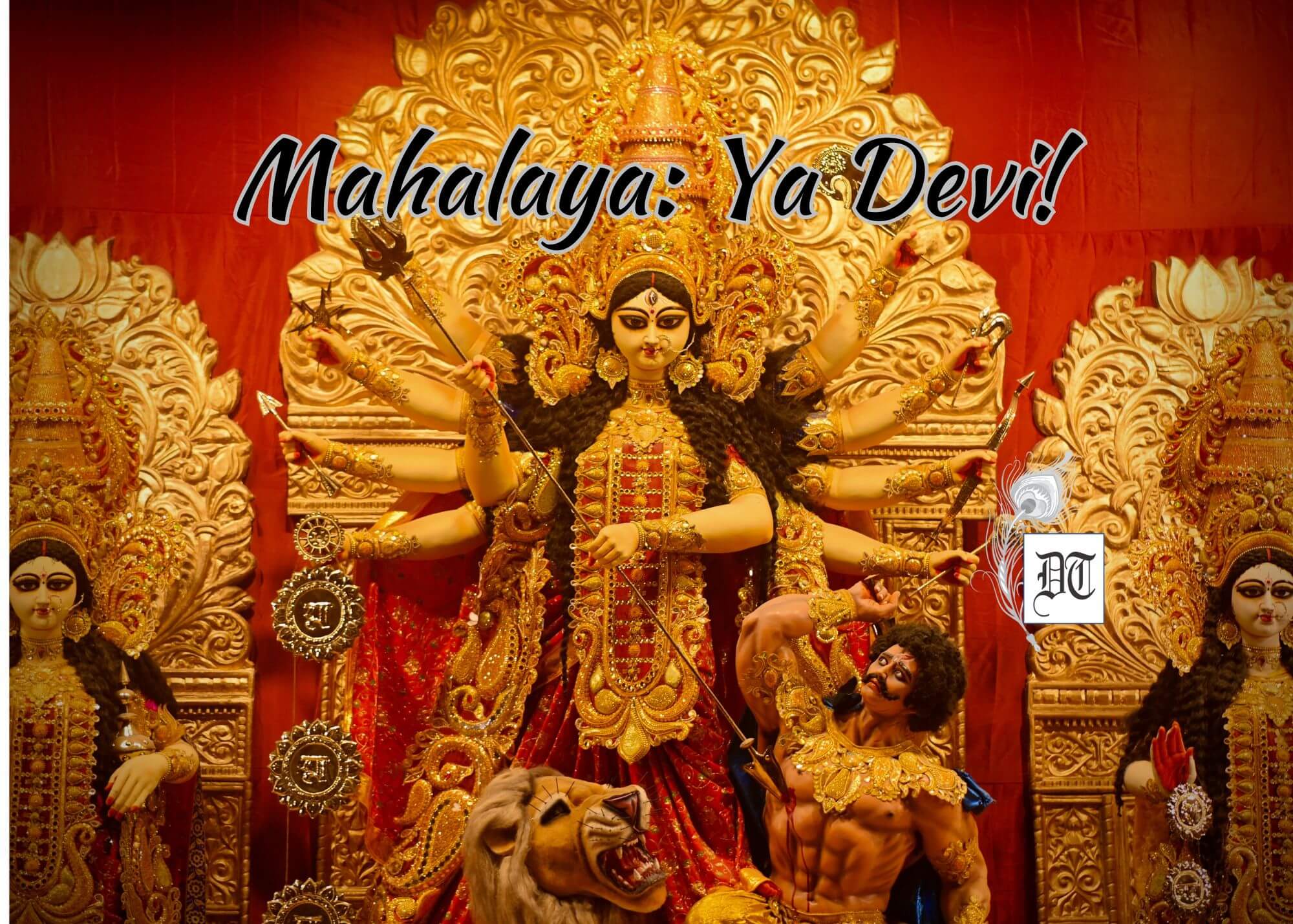Rongali or Bohag Bihu is the Assamese New Year that is celebrated around April 15. It’s a seven-day festivity filled with dances, folk songs, merriment, games, singing, and lots of fun. Sarika reports on the sensuous and seductive Bihu dances that signify fertility and bounty.
Bihu and Assamese society are closely interrelated. Perhaps it is Bihu that makes the Assamese society different. Born and raised in Assam and surrounded by Assamese people, Bihu is very close to my heart. Sitting in a distant land, I recollect the excitement of those days.
The Rongali or Bohag Bihu marks the beginning of the New Year in Assam. It is observed on the first day of Bohag month (around April 15) Rongali Bihu celebration in Assam begins on the last day of the Assamese month Chait.
Assam mainly celebrates three Bihu festivals: Rongali, Bhugali, Kangali.
Rongali Bihu Celebrations
Bohag (first month of the Assamese calendar) Bihu is celebrated over a period of 7 days. It begins with  ‘Goru Bihu’ (the festivals of cow). On this particular day, all the rituals are dedicated to the cows. They are washed and smeared with homemade paste and worshipped. They are also allowed roam freely, the entire day.
‘Goru Bihu’ (the festivals of cow). On this particular day, all the rituals are dedicated to the cows. They are washed and smeared with homemade paste and worshipped. They are also allowed roam freely, the entire day.
The second day’s celebration is known as Manuh Bihu (the festival of the people). It is on 1st day of Bohag, the Assamese new year (around April 15). On this day, young and old wear new clothes. Elders are presented with Gamosa or Bihuwan (traditional Assamese handwoven cotton towel).
Friends, relatives, dear and near, neighbours are all invited for pitha (traditional cakes made from rice  flour), jolpan and sweets (snacks).
flour), jolpan and sweets (snacks).
On the third day, it is known as Gosai (God’s) Bihu, dedicated to gods and goddesses for blessings.
On the remaining days, it is Maiki Bihu, Hat Bihu, Senehi Bihu, Sera Bihu, each of these signify special meaning to the New Year.
Music plays central role in Bihu. Young boys and girls in their traditional costumes go from house to house or collect in an open area to celebrate Husori– a traditional carol. It is accompanied by several musical instruments like dhol, pepa, gogona, banhi, toka, taal and many others. Bihu dances are replete with sensuous and seductive movements.
Rongali Bihu is loaded with dances, folk songs, merriment, games, singing, and lots of fun.
The nature is resplendent, in its best form. Flowers blossom everywhere it is green and beautiful. t signifies fertility and bounty.
Hakoluloi mor rongali bihur hiya bhara ulog janalu (Wishing you all my heartfelt greetings of Rongali Bihu).
Pix sourced by Author from Net



 By
By
 By
By

 By
By